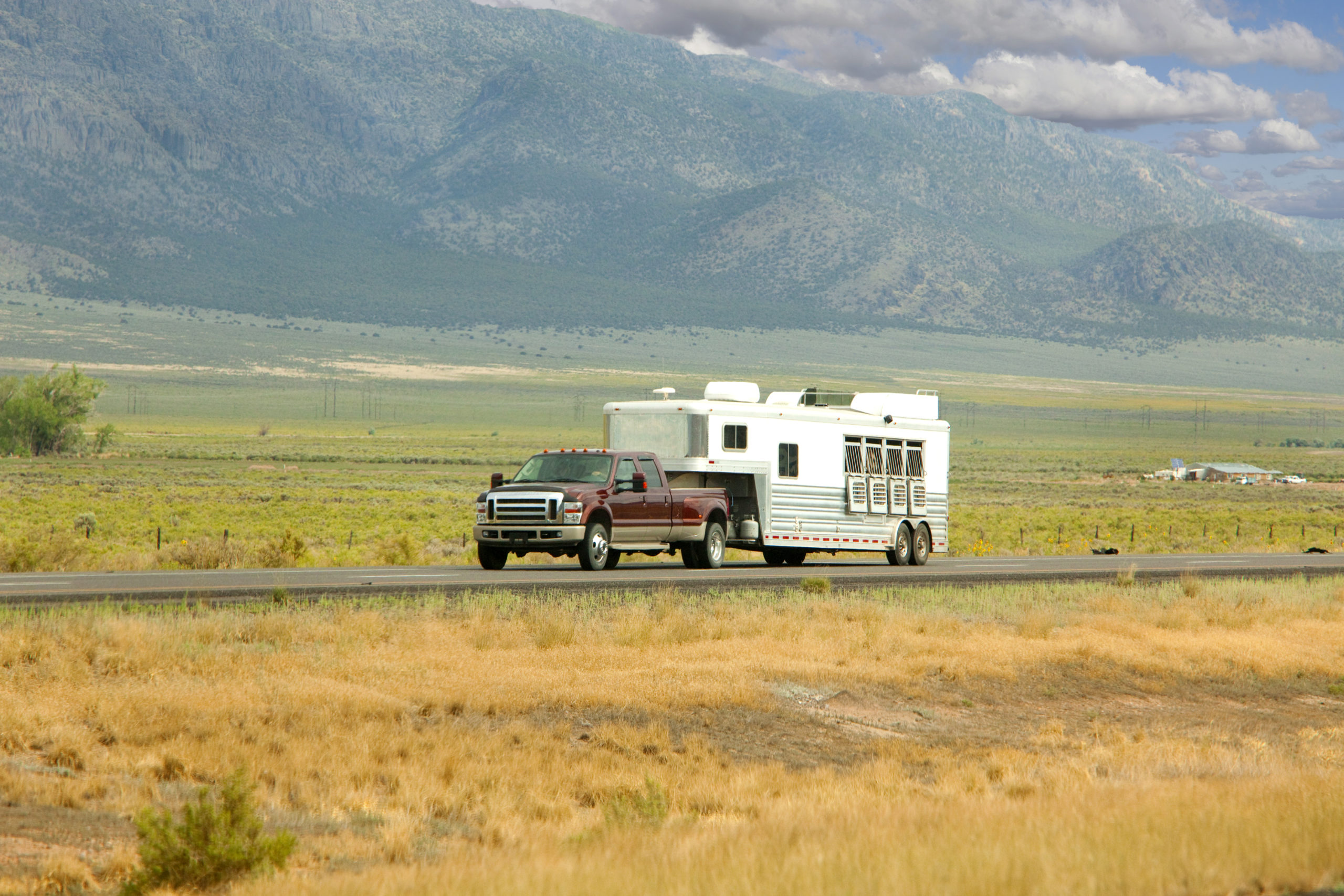Springtime means an uptick in travel for many barrel racers, which makes it an excellent time to make sure your Coggins papers are up to date. It’s easy to look at the need to update Coggins papers annually as an added inconvenience. However, the need for current negative Coggins papers is especially pertinent considering there is no treatment or cure for equine infectious anemia (EIA). According to the American Association of Equine Practitioners (AAEP), horses confirmed positive can be quarantined for the rest of their life, but are usually euthanized.
Coggins Test
This test, which was developed at Cornell University in 1970 by Leroy Coggins, DVM, PhD, detects the presence of antibodies to the virus that causes equine infectious anemia (EIA), also known as swamp fever.
A potentially fatal disease, EIA is characterized in the acute or chronic stages by intermittent fever, depression, progressive weakness, weight loss, edema and anemia. In addition, horses can be asymptomatic carriers of EIA, meaning they show no sign of illness but can pass along the disease—transmission occurs through blood transfer when feeding insects, such as horseflies, move from one horse to another.
The Coggins test identifies inapparent carriers of EIA. Most states require a negative test result for horses transported over any public roads, as do many horse shows, organized trail rides and other events where horses are in close contact. Some states—particularly those where EIA is endemic—require annual testing of all horses.
Learn more: AAEP EIA Fact Sheet
In addition to Equine Disease Communication Center: Disease Outbreak Alerts, horse owners can learn more about bio-security and disease reporting via the substantial library available at TheHorse.com.
To avoid being turned away at an event, check the Coggins requirements beforehand and make sure your paperwork is in order.
It is always a good idea to visit with your veterinarian with questions and concerns relating to equine infectious diseases, especially if you have plans to the road.





